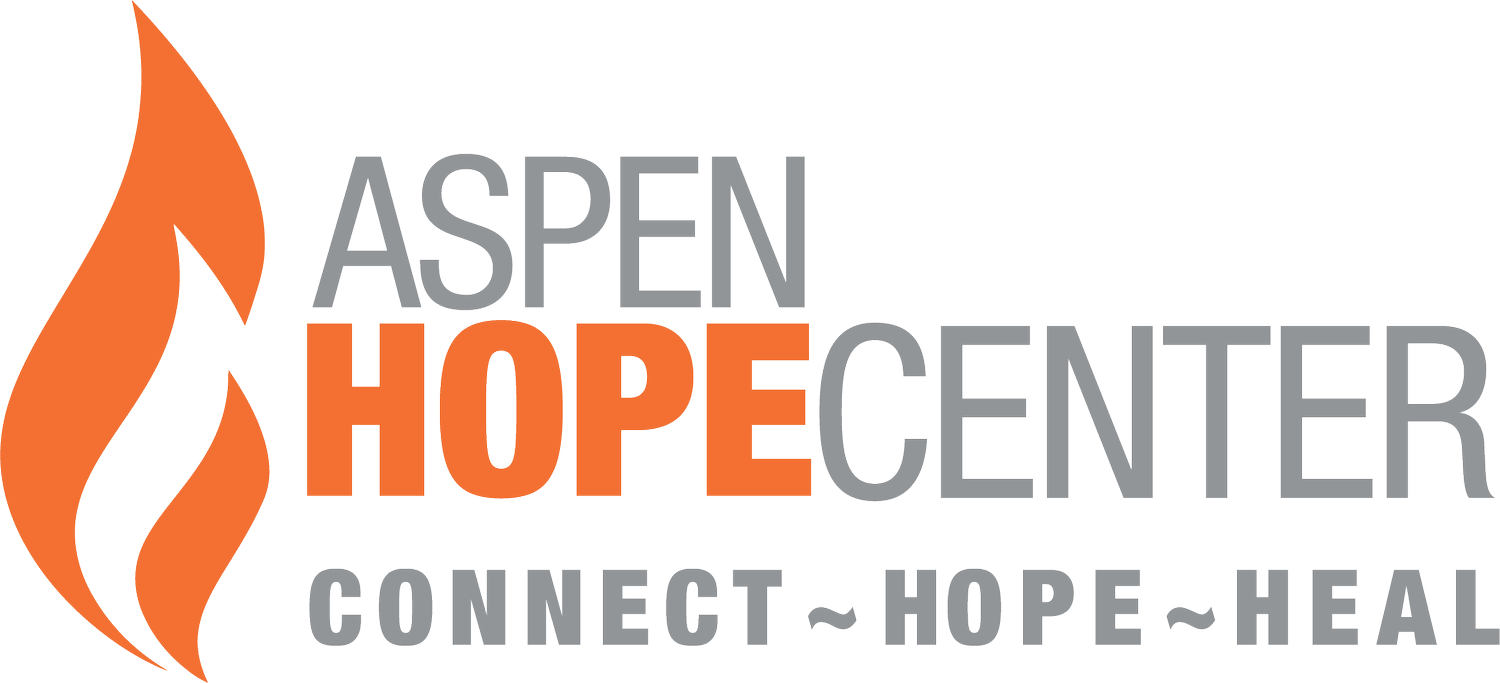Roaring Fork School District reports on mental health counseling progress
Cassandra Ballard, Post Independent
Published Jan. 24, 2023
Roaring Fork School District reports on mental health counseling progress
Glenwood Springs City Council invested $260,000 from the city’s Tobacco Tax fund to help fund a mental health provider for public schools that are part of the Roaring Fork School District.
“It’s very direct, it’s really having a huge impact in terms of reducing stigma and increasing access to mental health,” Anna Cole, chief of Student and Family Services for the school district, said. “We’d love to continue to work with the council on this.”
Cole presented the work the district has done in partnership with the Hope Fund to City Council during the Jan. 19 City Council meeting. She requested that the city continue its allocation of funding from the Tobacco Tax Fund.
“We know this work is really powerful, and impactful,” Cole said. “We’re not quite sure how to put the funding together.”
She added, because the Tobacco Tax Fund is created to diminish over time, that the district will not always have the ability to request funds from that source.
Cole oversees the integrated health services in the district, like school nurses, school health centers, Mountain Family Health Center clinics, and other coordinated mental health efforts, she said.
She also does grant work, oversees early childhood family resource centers and a lot of those kinds of student and family support departments.
The partnership represents Roaring Fork schools, along with Two Rivers Community School and Yampah Mountain High School which is a Board of Cooperative Educational Services (BOCES) school, she said.
“I would dare say when I look at the numbers that school-based mental health is the largest mental health provider in the valley,” Cole said.
They provide service to more than 3,000 students, which includes everything from social emotional checks, intake, counseling and a lot of school-based mental health that is family centered.
“They bring the entire family to work together,” she said. “So I think we’re feeling like it is a really important tool and just want to make sure that you can see the impact of that funding.”
Although there were no statistics for council to look at since the mental health effort is still pretty new, Cole said that they are currently waiting on some trend data from the Healthy Kids Colorado initiative.
“I think there’s always kind of an interesting pendulum with mental health,” she said, referring to helping children seek mental health help, but not to push it too much that they are over-diagnosing.
Both Cole and Councilmember Ingrid Wussow stated concern for students and young people attempting to self diagnose, especially with some social media trends. She said the district is “upping” education to students to a more universal education to normalize some of the emotions students are possibly thinking are a more serious diagnosis.
“At 14, they have very strong emotions, that’s super normal,” Cole said. “That’s their superpower, and let’s help them normalize that and understand that, yeah, you’ve got some hard classes, you work on the weekends, you’re gonna be stressed out.”
The district is also working on training with partners at the Hope Center to help make sure they are not over-diagnosing.
“We have some training that we’re working on right now with partners in the Hope Center to help our teachers build better skills to help normalize some cases and also better understand what can we normalize and affirm and go, yeah, that is really sad and that’s really normal,” Cole said.
She also said they are instilling more conflict management classes in elementary school. Cole said the district is currently about to bring forth a new recommendation to adopt a curriculum around comprehensive health education with the updated Colorado State Standards for health that were redone in 2020.
The Colorado State Standards added social emotional mental health and relationship education, which she called fantastic. The district also has something they have been using called Second Step in kindergarten through sixth grade, and in the preschools.
“Everything from anger management, to friendships, to boundary setting, to really raising kids’ kind of social emotional awareness,” Cole said. “So that really is our foundational curriculum that we’re trying to build.”
Post Independent reporter Cassandra Ballard can be reached at cballard@postindependent.com or 970-384-9131.
Click here to access the article online.
